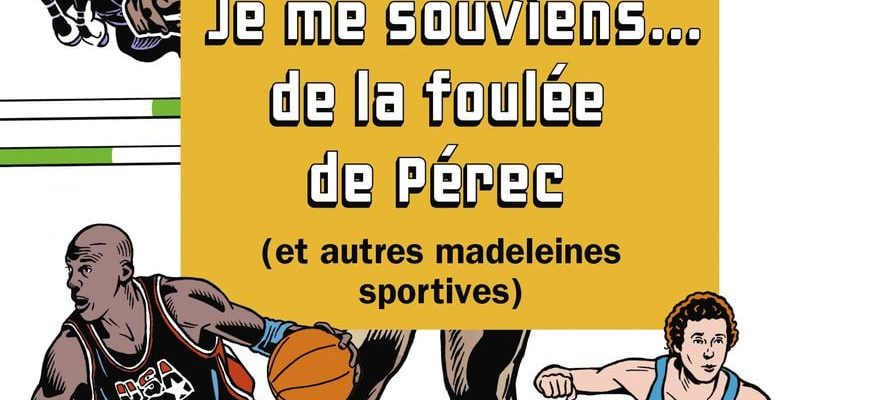“I remember that on August 8, 1992, in Annaba, a coastal town in eastern Algeria where I spent the summer with my parents, we watched on the small screen Hassiba Boulmerka win the Olympic gold medal in the 1,500 meters. The very first for Algeria, an independent country for barely thirty years. But before victory, the race. The image is blurred and the sound is quite rotten, which gives the commentator a strange quavering voice. My father gets annoyed by this several times and nervously fiddles with the television cable. My mother ends up sticking a fork into the back of the camera, and miraculously, the image becomes clear. The voice remains a little trembling, but nothing serious: the commentator is moved.
Hassiba, twenty‐four years old, is about to rush into her hallway. Despite the range, the colors remain bland but it is Algerian television which wants that. I sometimes think that we, Algerians, have been conditioned to see life through this greenish-brown filter that ENTV has continually used (…and still does today). But in 1992, I don’t care about the filter or the colors, I devour Hassiba with my eyes. […]
On the screen, Hassiba runs so fast and the screen is so blurry that we can’t really make out his face, his eyes, two black beads, seem to be topped by a single eyebrow. In the stands of the Olympic stadium in Barcelona, flags of Algeria. Hassiba is dressed in green and wears bib number 5. Her shorts are floating. It’s so short – it looks like a leotard or bloomers – that it barely covers her upper thighs. In the last minutes – or is it just seconds? –, she overtakes all those who precede her, with such speed that it seems very easy, as if she could do it from the start of the race but had chosen to wait until the last moment, the last rotating. And it’s a double feat: she finishes first (by far) and she’s alive. On August 8, 1992, the atmosphere was heavy in Annaba. A few weeks earlier, President Boudiaf, returned to Algeria after several years of exile, was assassinated by a member of his bodyguard in the same city, while he was giving a speech. “When we look at the nations that have surpassed us, what have they preceded us with? They have preceded us with science. Islam…” And with this last word, he is dejected. […]
“A message sent to all the kids”
It’s still a political crisis. It will soon be a civil war. And Hassiba running in shorts. On the very old, very ugly sofa, made entirely of brown velvet, typical of the small bungalows in the region that my parents are renting this summer, I watch on the cathode ray screen Hassiba Boulmerka making history in Barcelona. She is this “Algeria that wins”. In fact, Hassiba is used to victories: she is a double African champion and, a year before the Barcelona Olympics, won the World Championships in Tokyo. I can see her again, proud, making a gesture of victory with her arm in the air, another lower, her fist clenched, then both arms outstretched like embraces, a little rigid but also with the air almost of saying “You saw ?We got them” without us really understanding who this “them” refers to. Then run with the Algerian flag, rush towards Amar Bouras, his trainer, push – with force – those who are in his way and throw himself, finally, into his arms.
To tell the truth, me, at six years old, athletics, Algeria winning, all that, I don’t care a bit, it’s very abstract. But Hassiba’s shorts interest me a lot. And I’m not the only one. Threatened with death by radicalized Islamists, Hassiba had to resolve to go to Germany for training, permanently protected by an escort. When she sets off that day, when she crosses the finish line 3 minutes, 55 seconds and 31 hundredths later, when she wins, when her powerful, bare legs are displayed on the small Algerian screen , it is a middle finger to all the fundamentalists in the country who threaten to take power. But it is also a powerful message sent to all the kids who, like me, were in front of their television screen that day. […]”
Taken from I remember… Pérec’s stride (and other sporting madeleines), directed by Benoît Heimermann. Threshold, 226 p., €19.90.
When 27 writers remember their favorite Olympics
© / Edition of the Threshold
